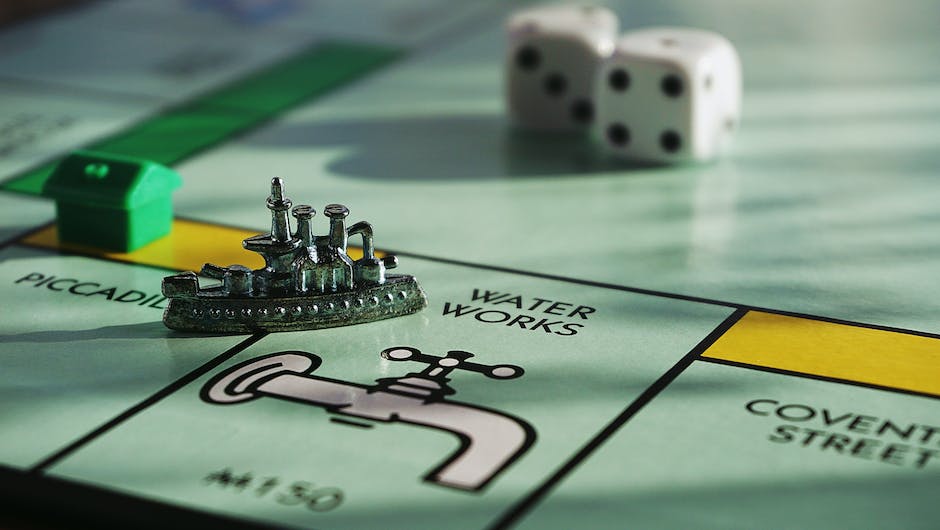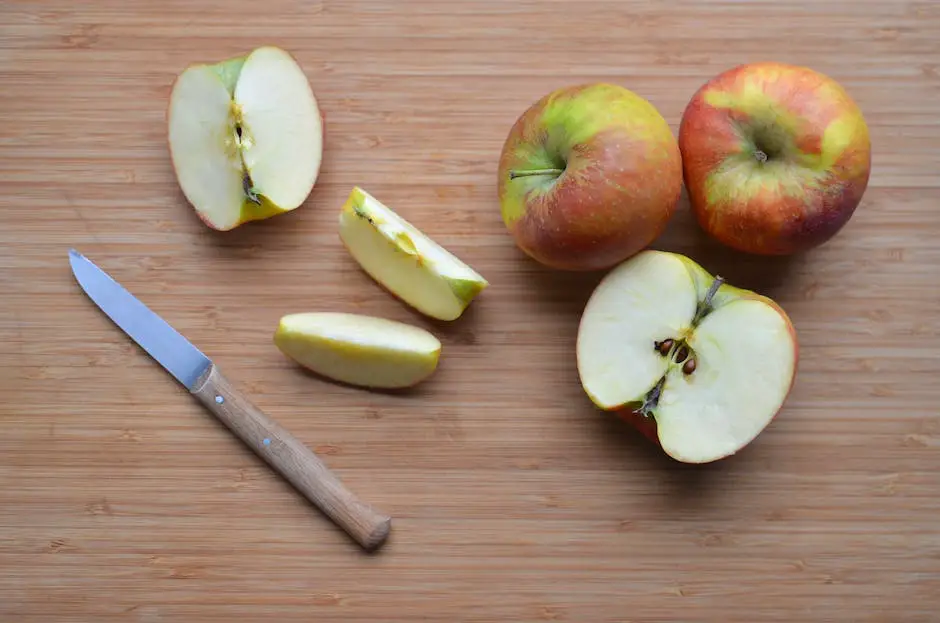,Imagine diving into the intriguing world of Monopoly Junior, where strategy meets sheer fun in an engaging session of gameplay. This game introduces young players to the essentials of buying, selling and strategizing in a simplified and interactive format. We will journey through every aspect of the game, from familiarizing ourselves with the board components such as tokens, chance cards, properties, and money to truly understanding the ultimate objective of the game itself. We’ll also guide you on how to initiate a game and outline how typical game turns progress.
Understanding the Basics
Understanding the Basic Components of Monopoly Junior
Monopoly Junior is a simplified version of the classic board game, designed for children ages 5 to 8. Becoming familiar with the game’s components is the first step in playing and enjoying this game.
The Game Board
The Monopoly Junior game board features properties, which are mainly amusement park attractions instead of streets, a “Go” space, “Chance” spaces, and a “Jail” space. There are also “Ticket Booth” spaces where players can purchase available properties.
Tokens
Each player chooses a moving piece or token. The Monopoly Junior game comes with various tokens, such as animals or popular characters, depending on the version of the game.
Chance Cards
The Chance cards come in a stack that should be placed face-down on the board. These cards bring an element of surprise to the game, as they can have various effects, such as moving a player’s token to another space or awarding them bonus money.
Money
Monopoly Junior employs a simplified currency system. Instead of multiple denominations, the game uses only single monetary units that are light-hearted and fun.
Properties
Properties in Monopoly Junior are amusement park attractions. Each property has a matching “Ticket Booth” on the game board.
Understanding the Objective of Junior Monopoly
The objective of Monopoly Junior is to navigate around the board and acquire properties. The player tries to earn the most money by charging their opponents rent whenever they land on their properties. The game ends when any player runs out of money at any point during the game, and the remaining player with the most money is the winner.
Starting the Game
Each player selects a token and places it on the “Go” space. Players are also given a preset amount of money. The youngest player typically goes first, and play continues clockwise around the board. When starting, players roll the die and move their token that number of spaces.
How a Typical Turn Progresses
On their turn, a player rolls the die and moves their token forward the indicated number of spaces. When a player lands on an unowned property, they must buy the property by paying its listed price and placing their color marker on it. If they land on a property owned by another player, they must pay rent to that player.
HoweverIf a player lands on a “Chance” space, they draw a Chance card and follow its instructions. If a player rolls a number that lands their token on a space that is already occupied by another player’s token, they still follow the same steps as above.
After the player has completed their actions based on the space they have landed on, their turn ends and the play passes to the next player. The game continues in this way until one player has run out of money, and the player with the most money at this point is declared the winner!

Mastering Advanced Concepts
Understanding Buying and Selling Properties
In Monopoly Junior, property buying and selling are straightforward, but it is a critical aspect towards gaining an upper hand in the game. To buy a property, you have to land on an unowned property space during your turn. You then must purchase the property for the amount shown on the space. However, in Monopoly Junior, unlike the classic Monopoly, you can’t sell properties.
The Concept of Rent
Rent is one way to earn money in the game. When another player lands on your property, they must pay you rent. The rent amount depends on the property, which is often printed on the game space. This rent collection process helps you accumulate more game money and further strengthen your property empire.
Bankruptcy Rules
In Monopoly Junior, bankruptcy is when a player cannot afford to pay rent, fines, or costs required in the game. When a player becomes bankrupt, the game automatically ends. The player who caused the bankruptcy wins the game. If that player went bankrupt by landing on a property they can’t afford, the property goes back to the bank.
Winning the Game
The game ends once the first player goes bankrupt. The remaining player with the most money, including properties’ value, wins the game. It would be best if you strategized to end up with the most money by buying properties and charging other players rent when they land on your properties.
Practicing with Mock Games
To master Monopoly Junior’s advanced concepts, practice them in mock games. These games allow you to explore different strategies and familiarize yourself with various game rules. Playing frequently helps to solidify your understanding of the game, boosting your chances of winning in real competitive play.
Remember, the main essence of Monopoly Junior is strategy and making smart transactional decisions. How you spend, and the properties you acquire throughout the game often dictate your success. Therefore, during your mock games, try different purchasing strategies, plan your expenditures wisely and watch the trading habits of others to acquire the necessary skills to win.

Rules Nuances and Strategies
Introduction: Familiarity with Monopoly Junior Can Up Your Game
Originate from the classic version, Monopoly Junior is a simplified edition that is designed for younger players. While the game is substantially straightforward and easy to understand, there are nuances in the rules and certain strategies that players can use to their advantage. This piece will explore these finer aspects of the game and will help you stand out as a seasoned Monopoly Junior player.
Rule Nuances: Every Bit Matters
- “Free Parking” isn’t just a parking decoration: In Monopoly Junior, landing on the “Free Parking” space isn’t just about getting a rest. According to the rules, whenever you land on this place, you’ll receive any money that’s been placed in the middle of the board from Chance cards.
- Double the rent: Monopoly Junior includes a rule where players can charge double rent if they own all the properties of a single color. Remember, this rule could dramatically increase your earnings and leave opponents in the dust.
- Go to Jail doesn’t mean game over: If you get sent to jail, it’s not always a setback. You can still collect rent from other players who land on your properties, keeping your income steady even while sitting out a few turns.
Advanced Strategies: Winning Moves
- Property acquisition is key: One of the most effective strategies in Monopoly Junior is to strive to acquire as many properties as possible, especially those of the same color. The more properties you own, the greater your chances are of collecting rent and putting your opponents in a tight financial position.
- Set your sights on high-rent properties: While all properties can bring in rent, some are worth more than others. Focusing on acquiring high-rent properties can put you in a commanding financial advantage over your opponents. These are often the properties that cost the most to buy, but their returns can quickly make up for the initial investment.
- Make the best use of Chance cards: Chance cards in Monopoly Junior can dramatically shift the balance of the game. Whether it’s moving to any property on the board or getting out of jail free, using these cards wisely can provide a significant edge.
- Stay out of jail, if you can: Although you can still collect rent while in jail, it’s generally a better strategy to stay on the board, landing on and buying properties. Try to avoid situations that could lead to jail time, such as landing on the “Go to Jail” place.
Closing Remarks: Enjoy Monopoly Junior
Remember, though Monopoly Junior is a game of chance, knowing these nuances and strategies can significantly increase your chances of winning. The most important thing is to enjoy unveiling the various aspects of the game and improving your skill level with time!

After mastering the basics and diving deep into advanced aspects like property transactions, managing rent, understanding bankruptcies, and approaches towards winning the game, you will be well-equipped to navigate Monopoly Junior with confidence and skill. Not just mechanics, we have also explored many lesser-known nuances and strategic approaches which could potentially give you an upper hand in the game. Harness the power of these insights and strategies to transform your Monopoly Junior gameplay experience, making it as rewarding as it is enjoyable.
FAQ Questions:
Q: What is Monopoly Junior?
A: Monopoly Junior is a simplified version of the classic Monopoly board game designed for younger players. It introduces basic financial concepts in a more accessible and engaging way.
Q: How do you play Monopoly Junior?
A: In Monopoly Junior, players move around the board, buy properties, collect rent, and aim to bankrupt their opponents. The rules are simplified compared to the original Monopoly, making it easier for children to understand and enjoy.
Q: What are the main differences between Monopoly Junior and the original Monopoly?
A: Monopoly Junior features a smaller game board, simplified gameplay mechanics, and kid-friendly themes and artwork. It has a shorter playing time and focuses on introducing basic money management skills.
Q: How does the money system work in Monopoly Junior?
A: In Monopoly Junior, players use a simplified money system with smaller denominations. They collect money from other players when landing on their properties and pay rent when landing on properties owned by opponents.
Q: Can you provide some tips for winning at Monopoly Junior?
A: To increase your chances of winning, focus on acquiring properties of the same color group, building single-level structures, and charging the maximum rent. Utilize strategic decisions and try to make deals that benefit your position.
Q: How long does a game of Monopoly Junior usually last?
A: The duration of a game of Monopoly Junior can vary depending on factors such as the number of players and their familiarity with the game. On average, a game typically lasts around 30 to 45 minutes.
Q: Is Monopoly Junior suitable for players of all ages?
A: Monopoly Junior is specifically designed for younger players, usually aged 5 and above. It offers a simpler gameplay experience that is more accessible and engaging for children.
Q: Can I incorporate additional house rules or variations into Monopoly Junior?
A: While the basic rules of Monopoly Junior provide an enjoyable gameplay experience, you can certainly introduce house rules or variations to customize the game and make it more suitable for your group’s preferences.